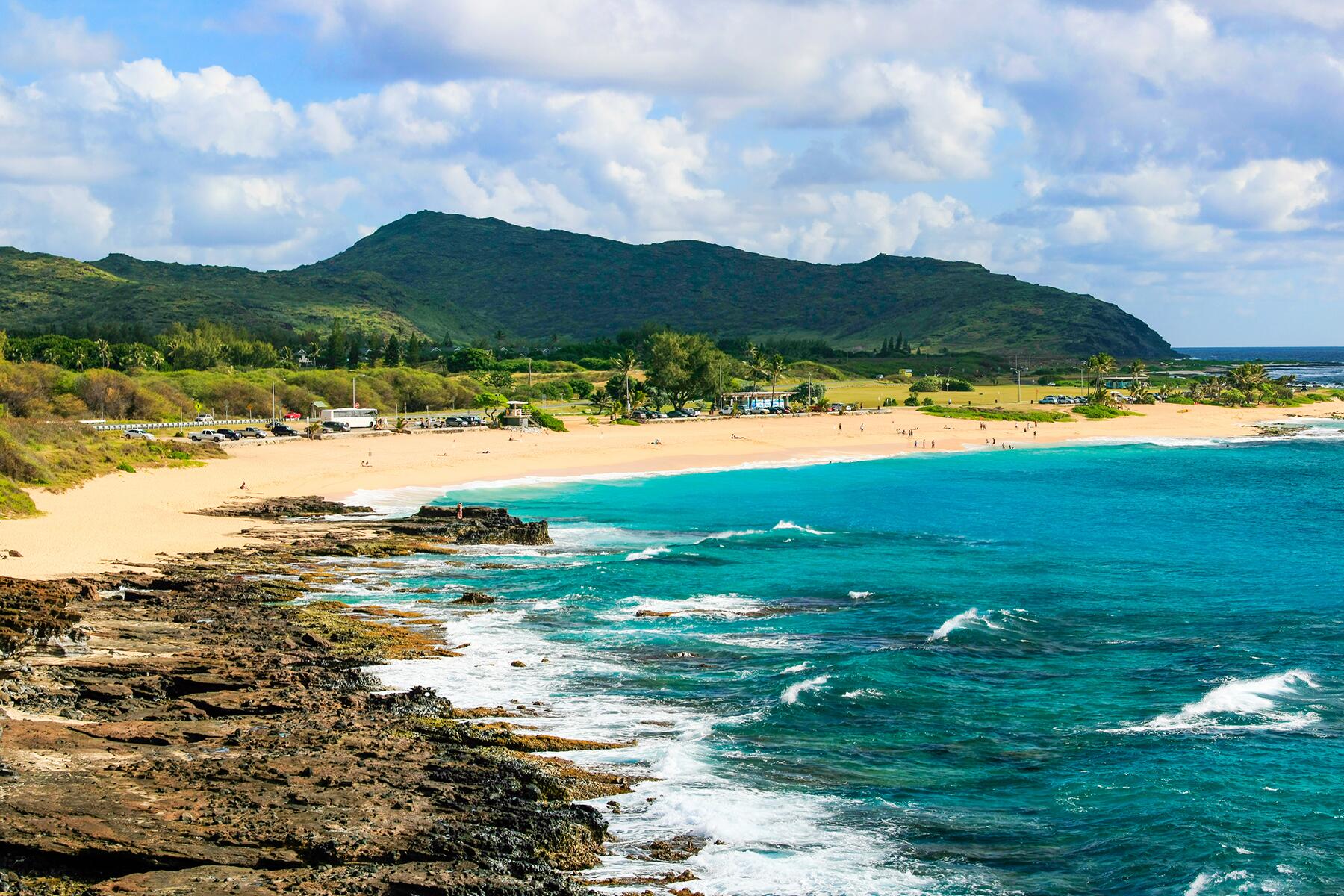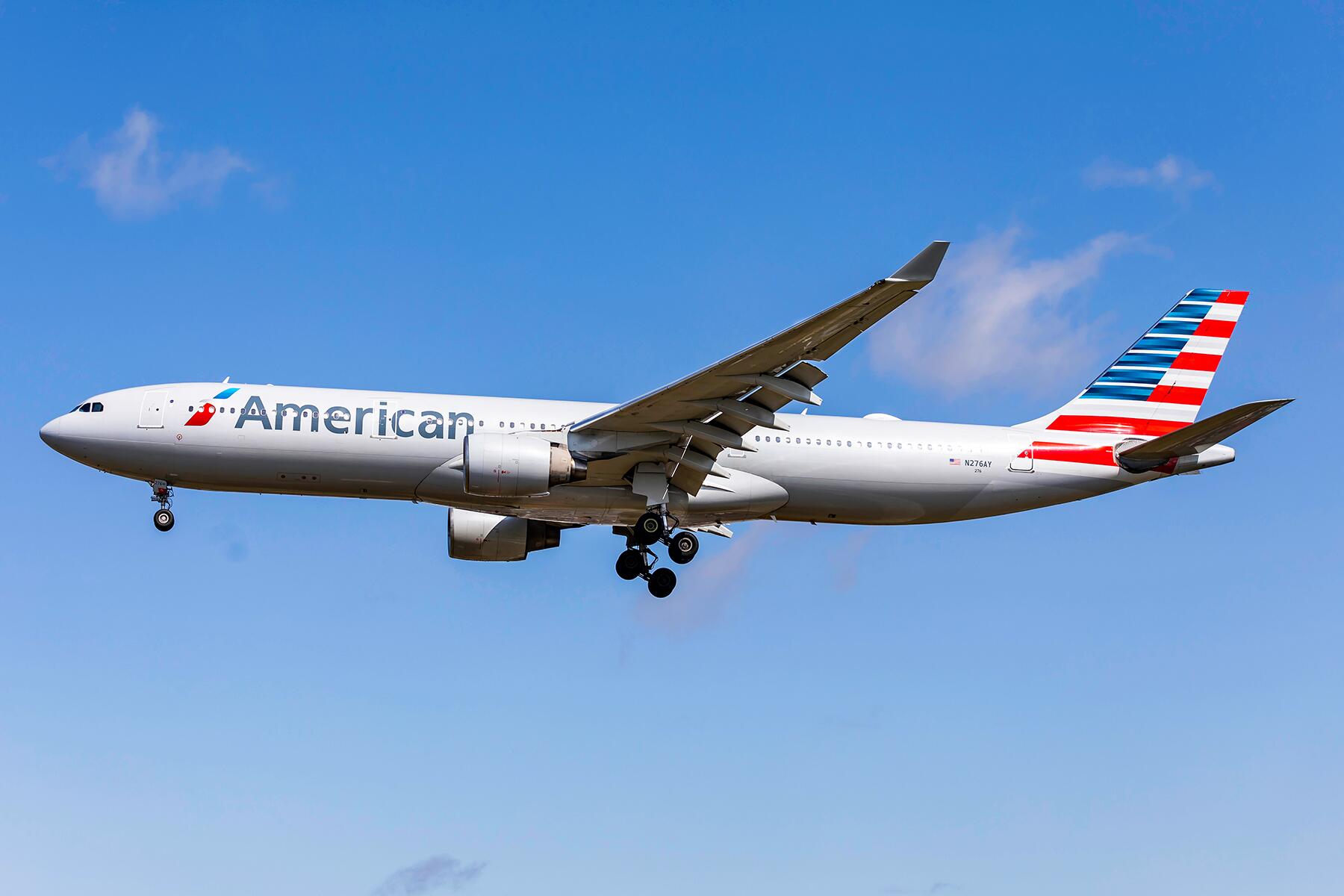New changes in fares and policies.
A number of big changes are coming to American Airlines. The carrier has announced that it is increasing the baggage check-in fee and it will restrict frequent flier miles on third-party travel websites. The new policies went into effect on February 20, 2024, but those who have already bought tickets will not have to pay the new prices. Here’s what you should know about these rules.
Pay More to Check-In Bags
American Airlines announced that it is increasing the baggage fee from $30 to $35 for the first bag when bought in advance, and $40 when purchased at the airport. The second bag will cost $45 online as well as at the airport. The pet fee is now $150 (up from $125).
Premium cabin seats will receive complimentary bags and military personnel are also exempted.
One piece of good news for travelers is that the fees for slightly overweight bags won’t cause as big a dent. Previously, it cost between $100-$200 for a bag weighing 50-70 pounds over the limit. This will come down to $30 for 50-53 pounds over limit and $100-$200 for bags exceeding the weight limit more than 53-70 pounds. Taking bags a few inches larger than the standard bag will also be cheaper now.
Recommended Fodor’s Video
However, the airline won’t allow javelins, hand gliders, and pole vaults from April 17, 2024.
The airline is also making changes to its loyalty program–beginning May 1, 2024, customers will earn miles and loyalty points only when they book directly on the website, through partner airlines, or preferred travel agencies, meaning some travel agents will not qualify. The airline will release the list of preferred agencies by the end of April.
Basic economy fare tickets will fetch you points only if you book through American or its partners.
Other Airlines May Follow
This comes less than two months after Alaska Airlines updated its baggage fee policy. The announcement was made in December 2023 and on January 2, 2024, the airline increased its prices from $30 to $35 for the first checked bag and increased the price to $45 for the second bag. Third or other additional bags have remained at the high price of $150 each. Loyalty members, first class passengers, or those with airline-specific credit cards receive some exemptions, while active military personnel or dependent have fees waives for up to five bags.
Delta also offers similar exceptions, but when you travel on Delta Comfort+ (an upgraded cabin class), you pay $30 for first check-in and $40 for second. United has a similar fee structure—you pay $30 on the first bag when you pay in advance and it costs $5 extra at the airport; the second bag is similarly $40 and $45.
Spirit has a more dynamic structure and you can check the prices on their website. We found it to be on the expensive side. On a trip from New York to Los Angeles, a carry-on costs $56 and the first checked bag costs $54 while booking. The prices rise the closer you get your departure—at check-in, at the airport, and at the gate.
This is what sets Southwest apart—it has the best baggage allowance. The first two checked bags fly for free; they also don’t charge for skis and golf bags, and surfboards in Hawaii can be checked-in without additional costs.
Back in 2018, JetBlue, American, Delta, and United raised their checked-in baggage fee back-to-back. Prices rose from $25 to $30, and they pretty much set the industry standard. This is why it’s expected that other airlines will also fall in line with Alaska and American.
Big Bags, Big Returns
“Unbundling” is a profitable practice for airlines. By separating services, they can charge customers extra fees without making the ticket prices soar. When you look at the flight cost on a website (say Google Flights), it doesn’t include check-in charges, seat selection, meals, priority boarding, or any of the other services. This drives competitive pricing—or so customers think because the total amount is much higher than the initial price.
The airlines also have cancellation charges and penalties to edit trip itineraries. Until recently, families also faced the risk of being assigned random seats. The U.S. Department of Transportation cracked down on airlines that had additional costs to seat families together.
In 2022, airlines in the U.S. made more than $6.7 billion on baggage fees. More than 2% of revenue of American Airlines came from their baggage policies, and it’s evident that these charges are not going anywhere.
What you can do to save costs is join an airline loyalty program to benefit from their exemptions, or start flying light.
Related: Do I Really Have to Switch My Airplane Seat so Families Can Sit Together?




